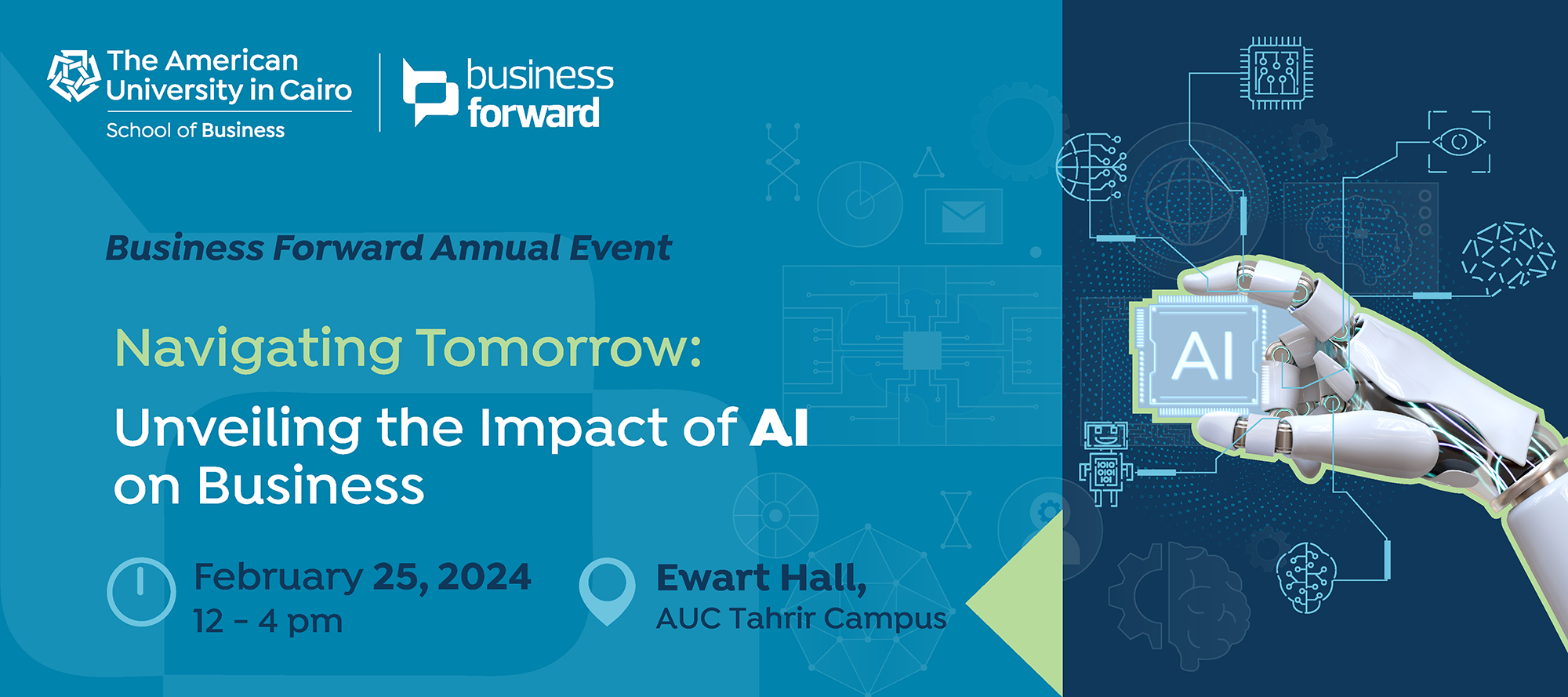In recent years, Egypt’s hospitality sector has been trying to re-emerge as a vital driver of economic […]
Listen to the article Here is a philosophical question: do we prioritize astronomical short-term benefits that […]
The Egyptian economy has witnessed a huge deterioration over the past couple of years with several rounds […]

In recent years, Egypt’s hospitality sector has been trying to re-emerge as a vital driver of economic […]

Listen to the article The world has seen quite an eventful year in 2023, particularly from […]
Saud Al Quaifil, CEO of Enma Al Rwabi, believes there are several ways FDIs, especially from the […]

New cities and expansions of existing ones, slum elimination, upgrading and establishment of new road connections, and […]

A day in the life of a busy working woman, a stressed stay-at-home mom, a young lady […]

On a long-awaited beach vacation, a regular person would be looking forward to spending exotic time snorkeling, […]











